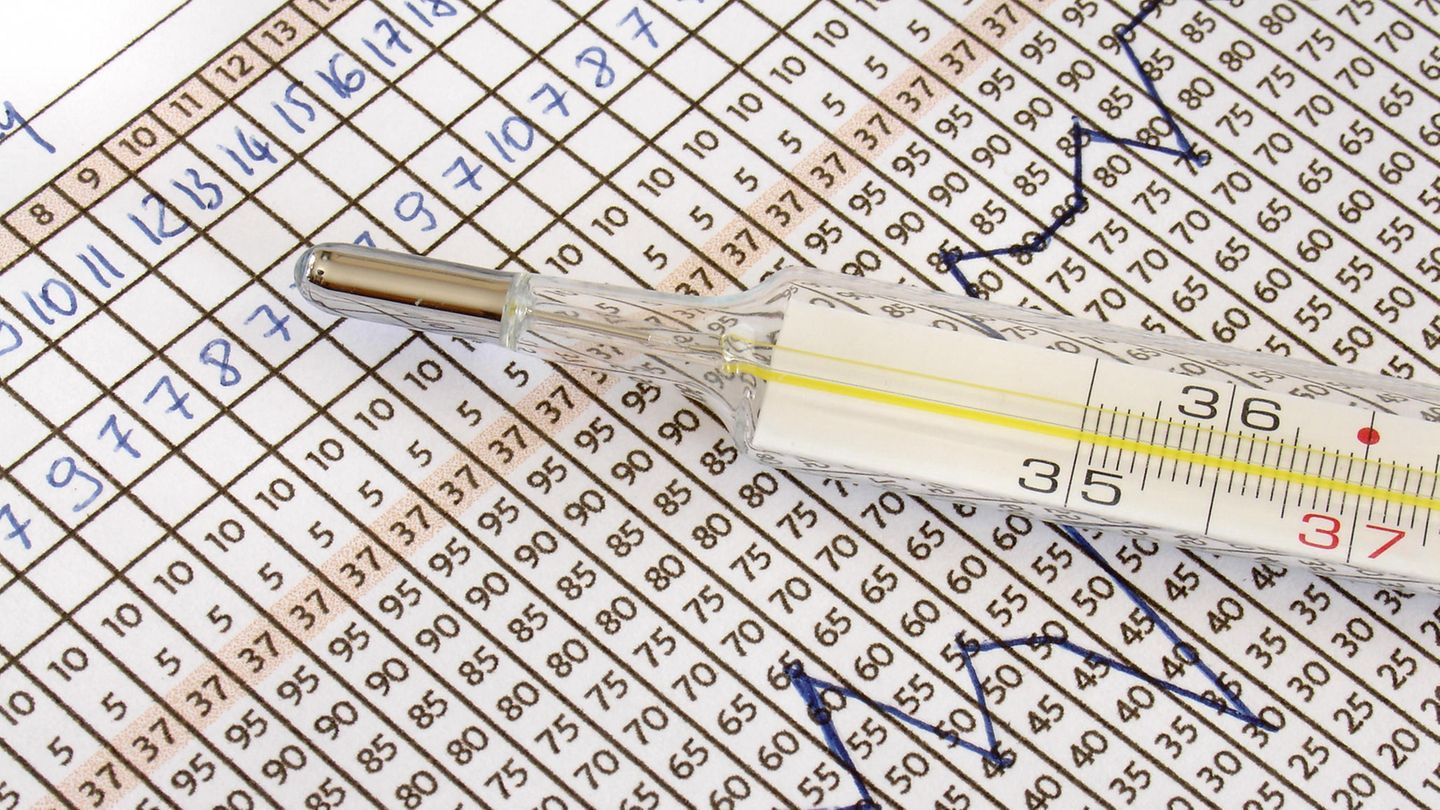A recent study by scientists at Australia’s Griffith University has shown that men consistently overestimate their intelligence. Women, on the other hand, tend to underestimate their IQ.
According to the study “Gender Differences in Self-Estimated Intelligence: Exploring the Male Hubris, Female Humility Problem” by researchers at Australia’s Griffith University, men consistently overestimate their intelligence quotient. Women, on the other hand, tend to underestimate him. The study shows that the measured intelligence of men and women is actually the same. The study involved 228 participants, of whom 103 identified as male and 125 as female.
“There is no wiser sex”
The researchers led by scientist David Reilly have found that this pattern of behavior is primarily related to the masculinity factor. The results of their study show that the more masculine people behave, the more they overestimate their intelligence quotient. This applies regardless of the gender assigned to them at birth. This means that women often overestimate their cognitive abilities when they behave in a more masculine manner. “We found that biological sex, and then psychological sex, are the strongest predictors of IQ overestimation. Being born male and having strong masculine personality traits (males and females) was associated with an inflated intellectual self-image,” they write researchers.
The authors assigned the subjects to more masculine or feminine behavior based on the “Bem Sex Role Inventory” test. The test asks about characteristics that are considered socially desirable for the respective gender.
Misjudgment starts at an early age
The researchers saw one reason for the gender-specific differences in the social implications of gender and intelligence. They take up a study that proves that parents judge their sons to be smarter than their daughters. According to Reilly and his colleagues, this leads to girls and women underestimating their intelligence. This misjudgment could also explain why young women are less likely to pursue a career in science and technology. The researchers also see intelligence quotients as a possible explanation for the so-called gender pay gap, the wage gap between men and women.
source:
Source: Stern




